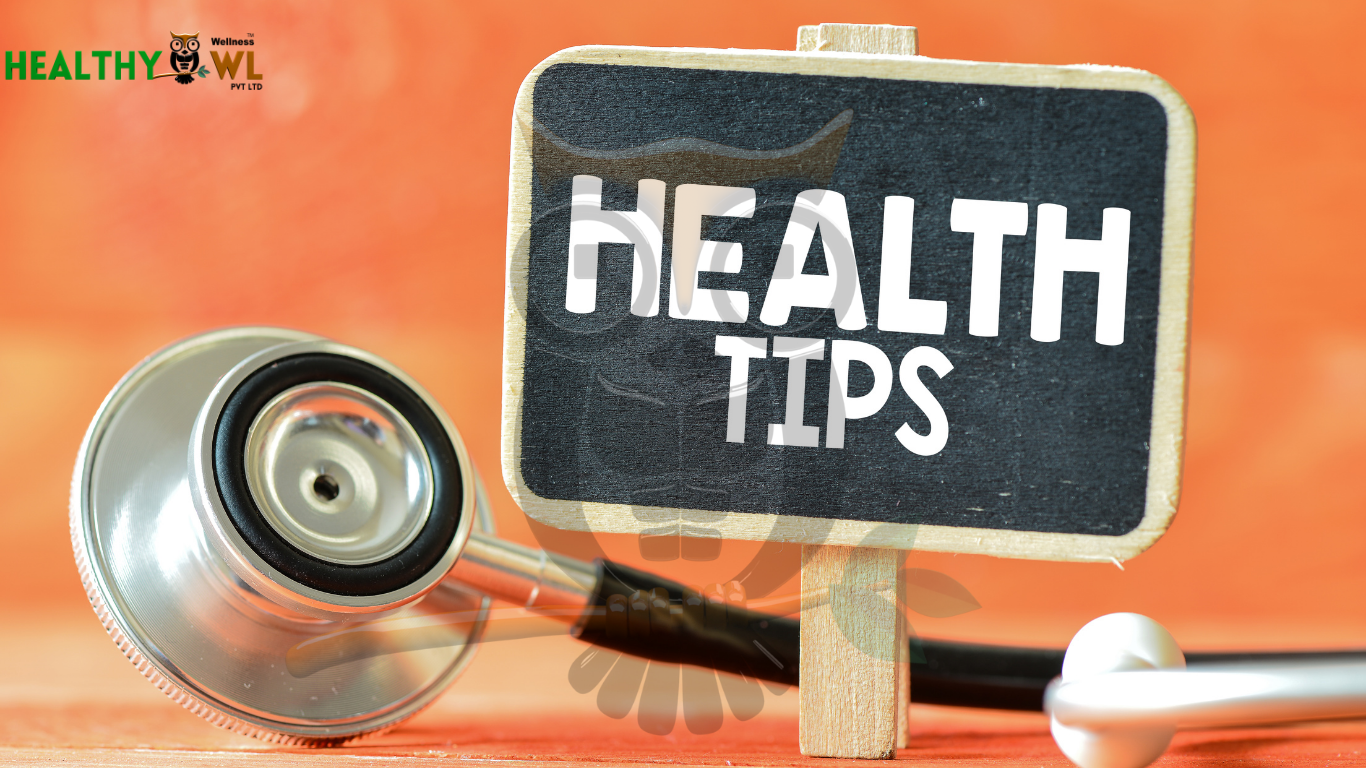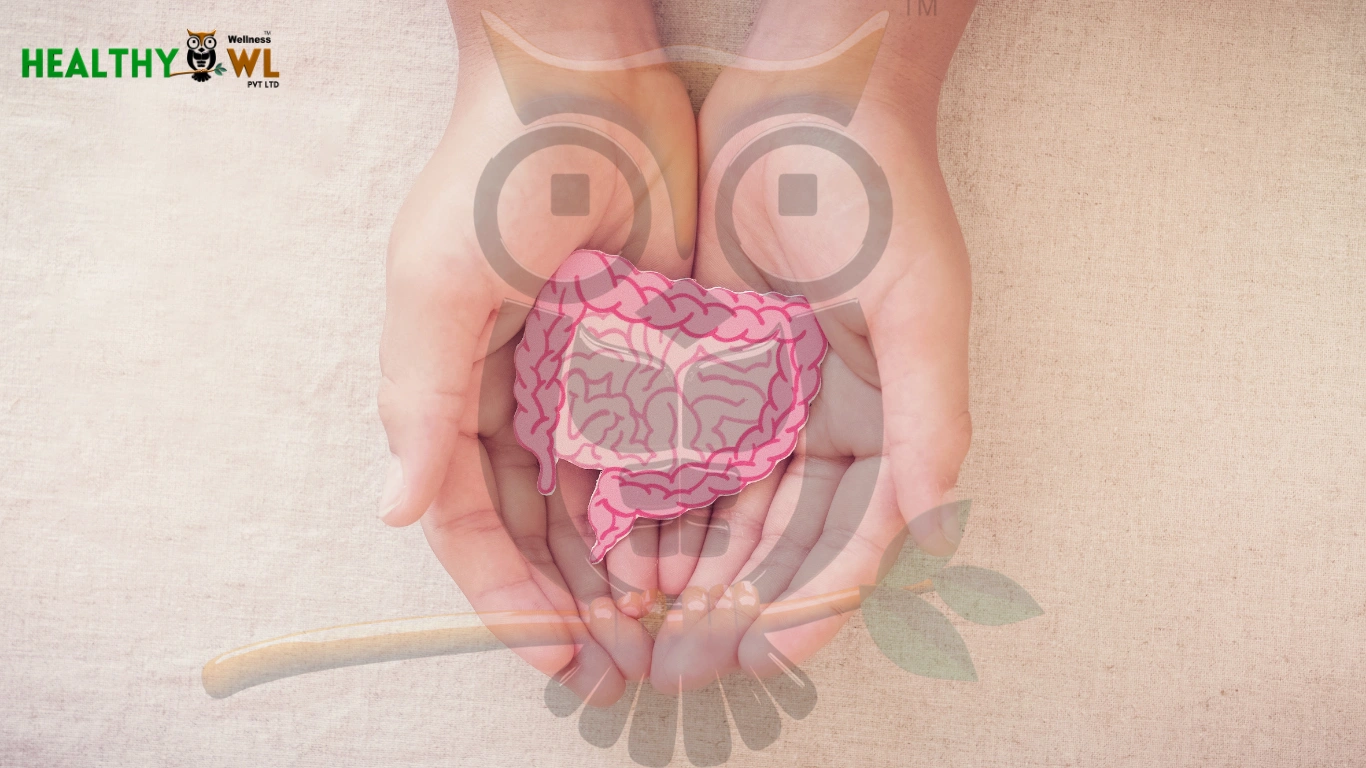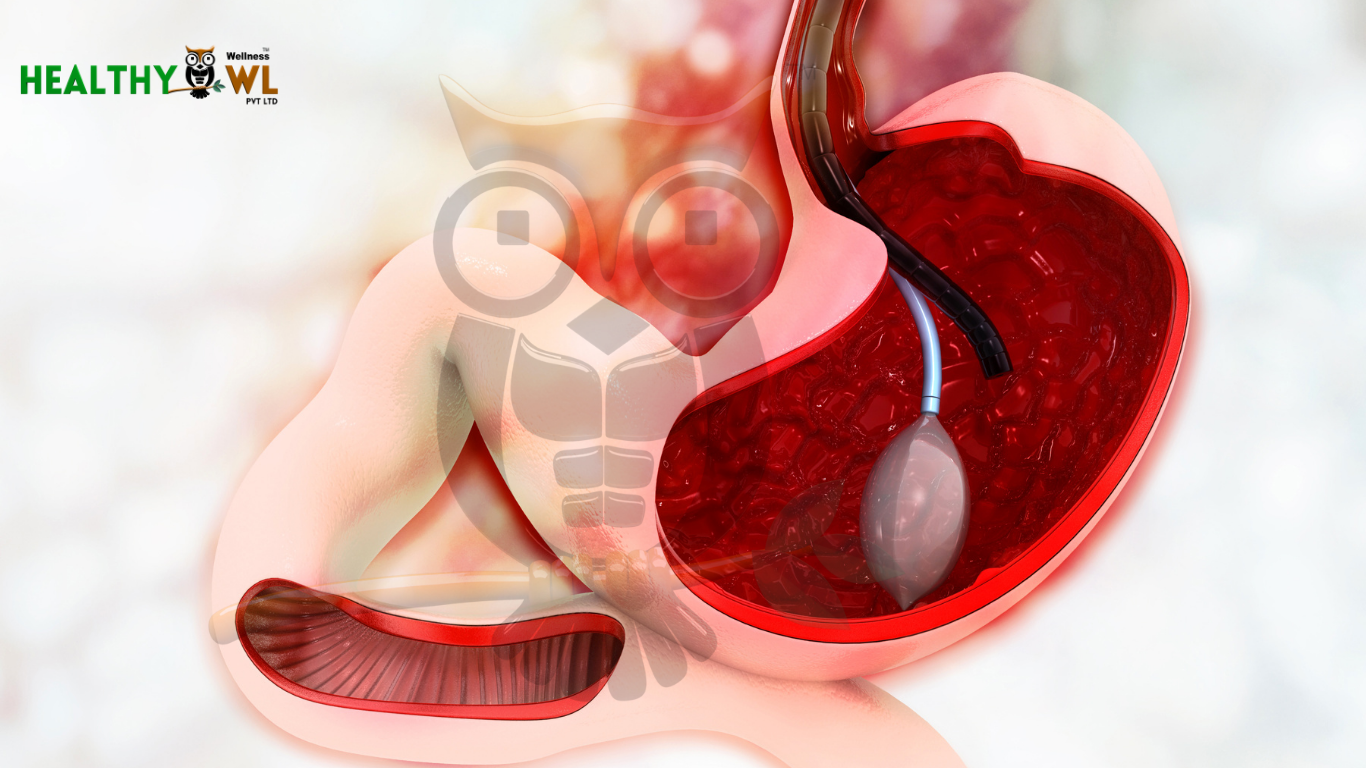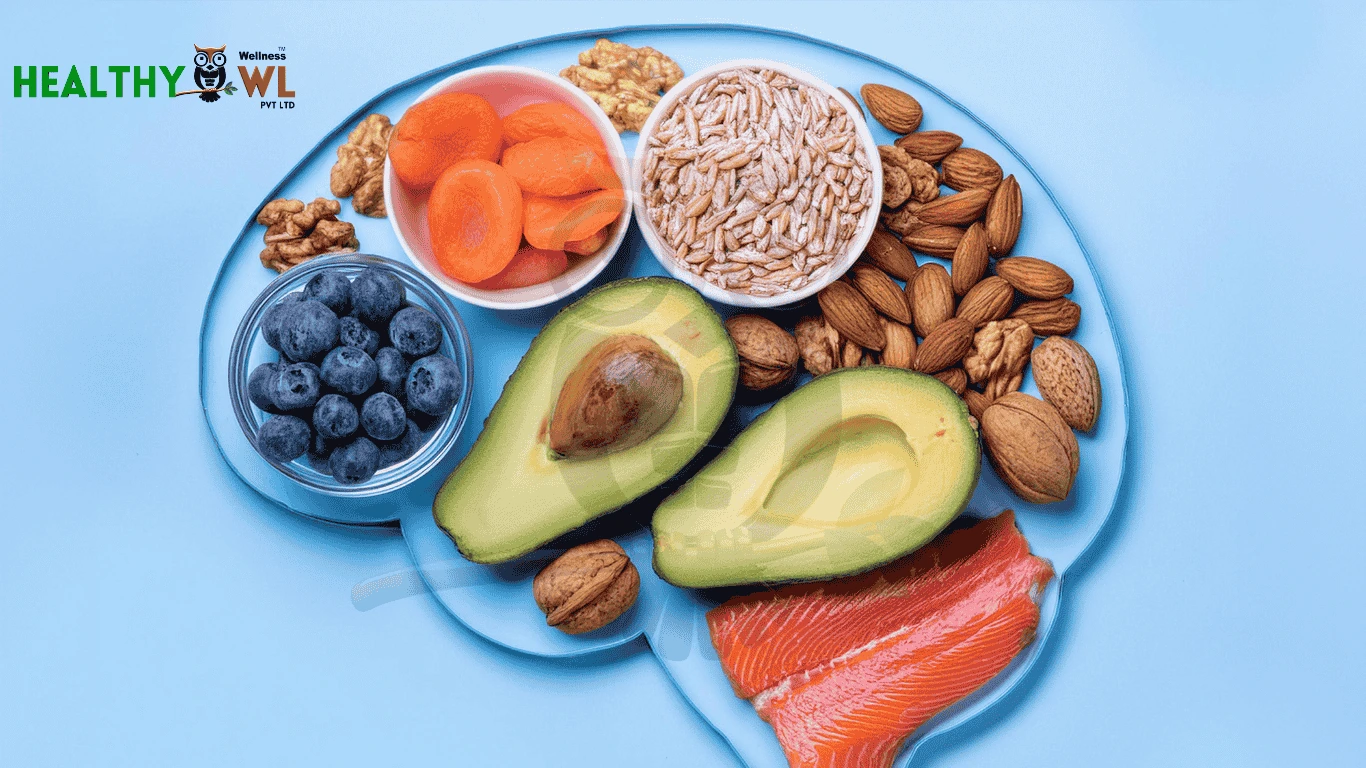There’s something deeply personal about food. It nourishes, comforts, connects—but for millions of people, it also becomes a source of fear, guilt, and struggle. Eating disorders aren’t about vanity or willpower. They’re complex mental health conditions rooted in deep emotional and psychological causes, not simply a lack of discipline.
In a culture obsessed with body image, it’s easy to miss the signs or brush off symptoms as discipline or dedication. But make no mistake—when your relationship with food starts controlling your life, it’s a red flag worth noticing.
What Exactly Is an Eating Disorder?
These eating disorders—such as anorexia nervosa, bulimia, binge-eating disorder, ARFID—are not about control over food alone; they stem from emotional distress, trauma, or mental health issues
- Anorexia nervosa, where individuals restrict food intake to the point of malnutrition
- Bulimia nervosa, characterized by cycles of bingeing and purging
- Binge-eating disorder, where individuals frequently overeat and feel a loss of control
- Avoidant/Restrictive Food Intake Disorder (ARFID), involving extreme picky eating not tied to body image
- And other disordered behaviours that don’t fit neatly into categories but still cause distress
These disorders don’t always show up in thin bodies. People of all sizes, ages, genders, and backgrounds can struggle silently—and often do.
What Causes Eating Disorders?
There’s no single cause. A mix of societal pressure, genetics, trauma, personality traits, and body image struggles can all contribute to the development of eating disorders
In India, awareness is rising, but stigma still keeps many from seeking help. Social media filters, weight-based comments, and “wellness” trends masked as restriction only make things worse.
The Physical and Emotional Toll
Left unchecked, eating disorders can take a devastating toll on the body:
Heart problems. Bone loss. Digestive issues. Hormonal imbalances. In some cases, they can be fatal.
But the emotional impact runs just as deep—constant anxiety around meals, isolation from social gatherings, and a persistent inner voice saying you’re never “good enough.”
Healing is not about willpower. It’s about support, patience, and professional intervention.
Where Nutrition Comes In: From Control to Care
Here’s the truth: Food is never the enemy. But when someone’s relationship with food is broken, nutrition can be part of the solution—when approached with compassion, not control.
A nutritionist trained in disordered eating doesn’t hand you a diet plan. They help you rebuild trust with food. That means:
- Introducing gentle nutrition—not chasing calories but focusing on nourishment
- Creating structured eating routines to reduce binge or restriction cycles
- Working on reconnecting with hunger and fullness cues
- Addressing nutrient deficiencies that worsen mood, energy, or focus
- And collaborating with therapists and doctors to form a complete care team
Food becomes a source of healing again—physically and emotionally.
What Recovery Actually Looks Like
Recovery is not linear. Some days will feel like progress. Others will feel like setback. That’s normal.
But with the right team, small wins start adding up. Eating a fear food without panic. Sitting through a meal without calculating every bite. Reclaiming joy in your body, not punishment.
Nutrition won’t “fix” an eating disorder on its own. But when paired with psychological support and a safe environment, it becomes a powerful force for repair—body, brain, and heart.
True recovery from eating disorders involves more than just ending unhealthy eating behaviours—it’s about rebuilding self-esteem, healing one’s relationship with food, and learning to live with balance and compassion
How To Seek Help: Practical Steps & Resources
If you or someone you love is struggling with an eating disorder, seeking help is the most important step. Here’s where to begin:
- Talk to a professional – Look for therapists, nutritionists, or psychiatrists who specialize in eating disorders.
- Know what to expect – The first session often involves exploring your history, triggers, and relationship with food.
- Build a support network – Family, friends, or peer support groups can make recovery less isolating.
- Helplines & resources – In India, contact Vandrevala Foundation (+91 9999 666 555). Internationally, NEDA (National Eating Disorders Association) offers 24/7 support.
- Self-care practices – Journaling, mindfulness, gentle movement, and meditation can help reconnect you with your body in a non-judgmental way.
Final Thoughts
If you’re struggling, you are not alone. And you are not broken.
It’s okay to ask for help. It’s okay to unlearn years of shame around food. And it’s more than okay to choose healing.
Food is meant to nourish, not torment. And with the right guidance, it can again.
Ready to heal your relationship with food?
Reach out to Healthy Owl Wellness to speak with a compassionate nutrition expert who understands disordered eating from the inside out.











